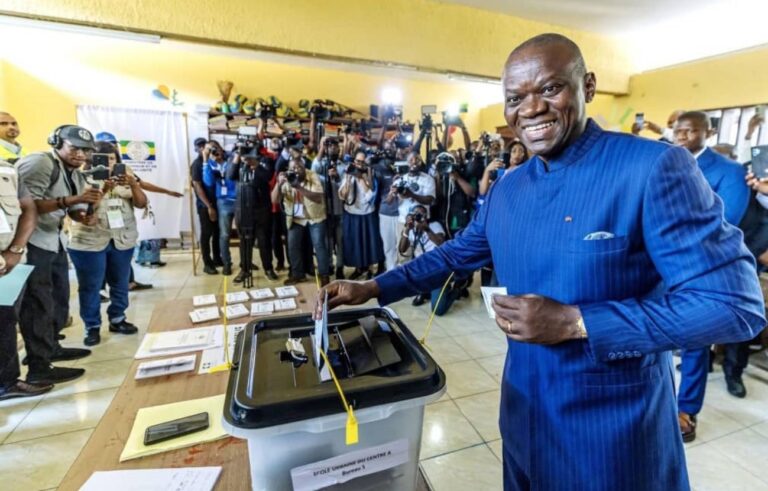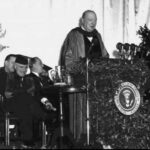The 2025 general elections in Gabon, held under a transitional government following the 2023 military coup, marked a crucial step in the country’s political recalibration. These elections were framed as a test of the military’s commitment to restoring civilian rule and of the public’s readiness to move beyond the Bongo dynasty’s long grip on power. The vote also served as a barometer for broader shifts in governance, civil engagement, and geopolitical influence across Central Africa.
Following the August 2023 military coup that ousted President Ali Bongo Ondimba, General Brice Oligui Nguema led a transitional regime promising institutional reform and transparent elections. The 2025 elections—praised for improved transparency but marred by delays and concerns over military influence—were positioned as a key democratic milestone.
2. Winners: Social and Political Groups Benefiting from the Elections
A. Reform-Oriented Civilians and Civil Society
- Youth movements, urban professionals, and independent journalists benefited from the relatively freer electoral environment.
- Civic organizations were allowed more space to monitor the process, bolstering grassroots legitimacy and giving hope for continued democratic participation.
B. Transitional Military Elite (Temporarily)
- The ruling Committee for the Transition and Restoration of Institutions (CTRI) maintained significant political leverage by shaping electoral conditions.
- Despite officially handing power to civilians, the military retained key advisory and security roles, particularly in natural resource oversight.
C. Opposition Coalitions
- The Gabon Nouveau Coalition, a broad alliance of opposition groups, won strong parliamentary representation.
- Their success reflects popular fatigue with entrenched elites and growing demands for accountability and socio-economic reform.
D. Marginalized Ethnic and Regional Groups
- Voter mobilization in previously neglected regions such as Ngounié and Ogooué-Lolo allowed minority voices to emerge.
- Increased regional representation in the new legislature may lead to more equitable public spending and infrastructure development.
3. Losers: Groups Adversely Affected by the Elections
A. The Former Ruling Party (PDG) and Bongo Loyalists
- Despite fielding candidates, the Parti Démocratique Gabonais (PDG) suffered a sharp decline in voter trust and parliamentary strength.
- Many of its former elite lost access to patronage networks, contracts, and diplomatic channels.
B. Politically Connected Business Interests
- Private actors aligned with the old regime—especially in oil, logging, and public works—now face greater scrutiny and a push for transparency and audit reforms.
- State contracts may shift to entities aligned with new power brokers or technocratic reformers.
C. Foreign Stakeholders with Strong Ties to the Old Guard
- Companies and investors from France and China linked to Bongo-era deals may lose favor or face renegotiation, as the new government reassesses energy and infrastructure concessions.
4. Consequences for the Gabonese State
Positive Outlook
- Restoration of Constitutional Order: The return to electoral governance improves Gabon’s standing with multilateral organizations (e.g., AU, ECCAS).
- Public Confidence: The more inclusive process has reinvigorated civic faith, particularly among young voters and marginalized communities.
- Institutional Reform Momentum: Calls for judicial independence, anti-corruption enforcement, and decentralization are growing louder.
Risks
- Hybrid Rule Threat: Military influence behind the scenes could limit real reform.
- Economic Instability: Political turnover may disrupt foreign direct investment, especially in oil and mining sectors.
- Unmet Expectations: If socio-economic grievances remain unaddressed, disenchantment could resurface.
5. Regional Implications
A. Signal to Other African States
- Gabon’s relatively peaceful transition post-coup and successful elections set a precedent for orderly democratic recovery.
- It offers a contrast to lingering military regimes in Burkina Faso, Mali, and Guinea.
B. Shift in Regional Power Dynamics
- The elections challenge French regional influence, as new leadership diversifies diplomatic ties—reaching out to Turkey, Russia, and Brazil.
- ECCAS and AU may see Gabon as a model for post-coup stabilization, strengthening regional norms for democratic return.
C. Security Realignment
- A reformed security sector under civilian oversight could reduce risk of future coups and allow Gabon to resume its role in regional peacekeeping.
Conclusion
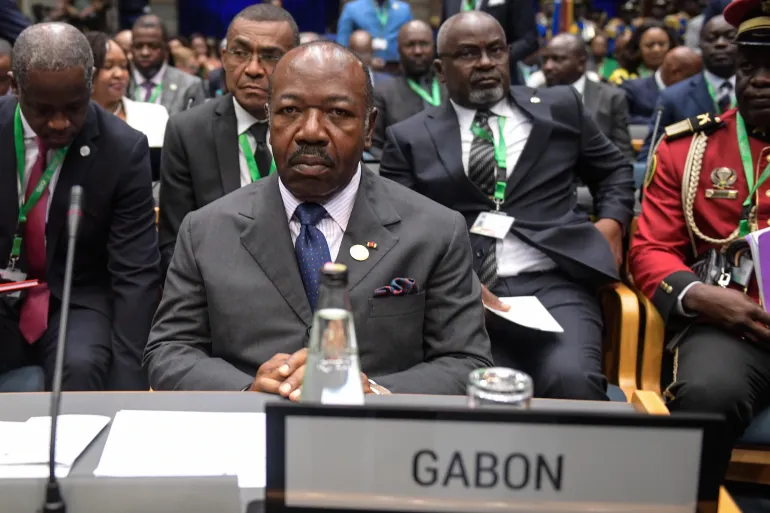
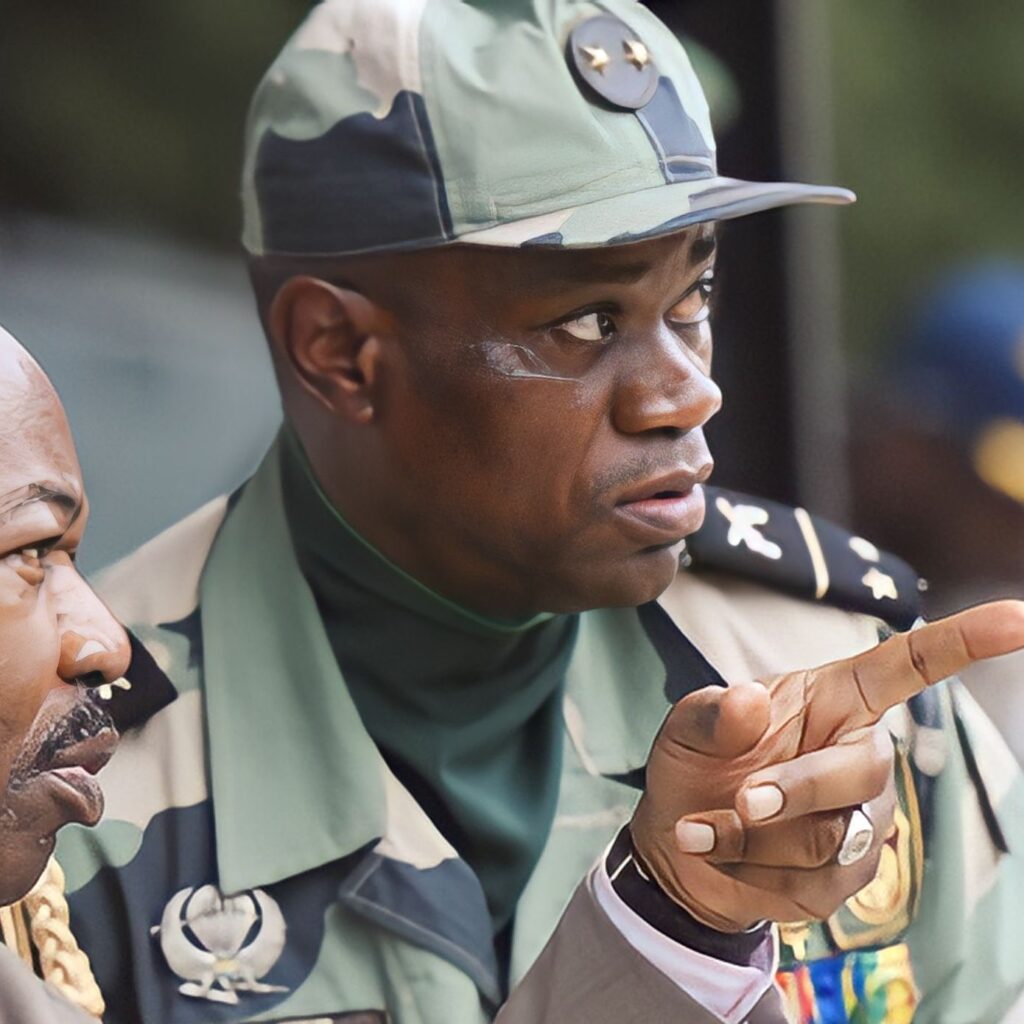
More on this story: Ethnic, Political, and Economic Challenges Under Gabon’s New Constitution
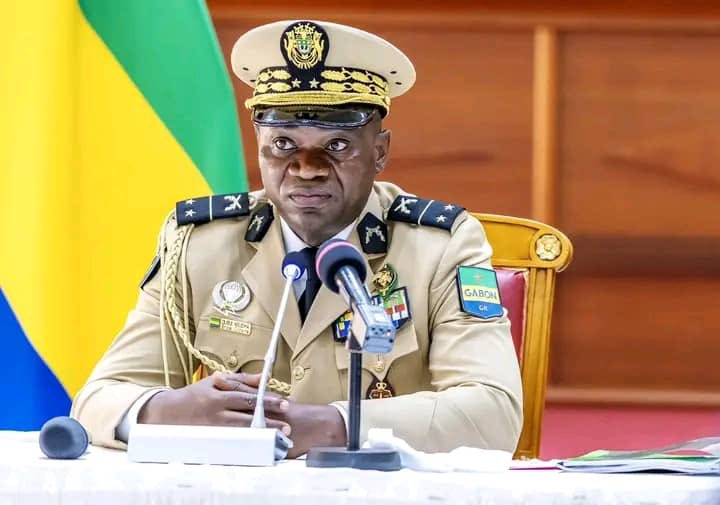
More on this story: The President of Gabon Oligui Nguema wants to stay in power
The 2025 Gabonese elections, while not perfect, mark a pivotal moment in the country’s political evolution. The outcome reveals a rebalancing of power away from dynastic rule and toward pluralism, albeit under the lingering shadow of military influence. For social and political groups long excluded from power, the vote provides a rare opening; for regional actors, it signals that democratic recovery after a coup is both possible and stabilizing. Whether this transition consolidates or falters will depend on economic delivery, anti-corruption progress, and continued civic engagement.


